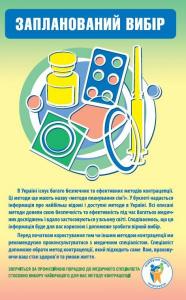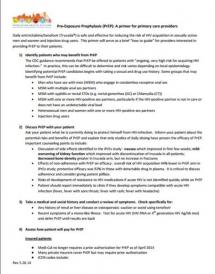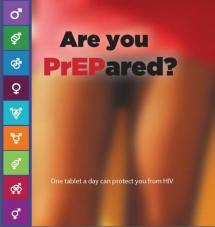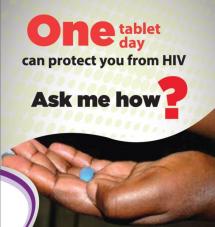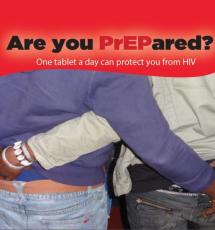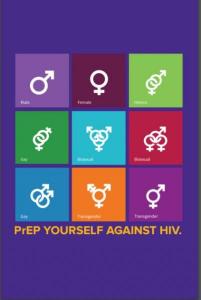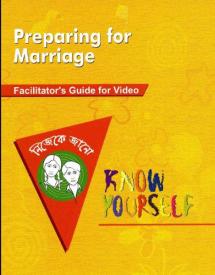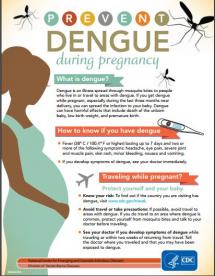Plan Your Life
This material is from the Healthy Women of Ukraine (HWUP) program. The goal of HWUP, which runs from 2011-2016, is to protect the reproductive health of Ukrainian women and couples by increasing the appropriate and effective use of modern methods of contraception as an alternative to unintended pregnancy and associated abortion. HWUP was a follow-on project to an earlier program, Together for Health, which ran from from 2006-2011.
Evaluation of the project thus far shows the following;
- 7.8 million Ukrainians have been reached with the program’s messages
- More than 25,000 people, mainly youth, have participated in FP/RH education sessions
- 87% of education session participants plan to use modern family planning methods in the future
- The number of access points for family planning and reproductive services has increased more than 300% in HWUP partner oblasts
- More than 2,600 health care providers have been trained in modern family planning approaches and counseling
This brochure is aimed at young people, and asks them, by way of engaging them in a humorous series of questions, to think about their plans for the future. It then explains the pros and cons of each of the modern contraceptive methods.
Source: Healthy Women of Ukraine Program (HWUP)
Date of Publication: March 25, 2019
SIMILIAR RESOURCES
Tools
Examples
- The P Process
- Healthy Timing and Spacing of Pregnancy Fact Sheet
- HTSP Online Course
- Counseling Your Teen Clients About Long Acting Reversible Contraceptives
- Concept Brief: Pretesting
- Birth Spacing and Family Welfare Sermons
- Key considerations: Quarantine in the Context of COVID-19
- The REPLACE Approach: Supporting Communities to End FGM
- The HTSP Implementation Kit
- Accelerator Behaviors


